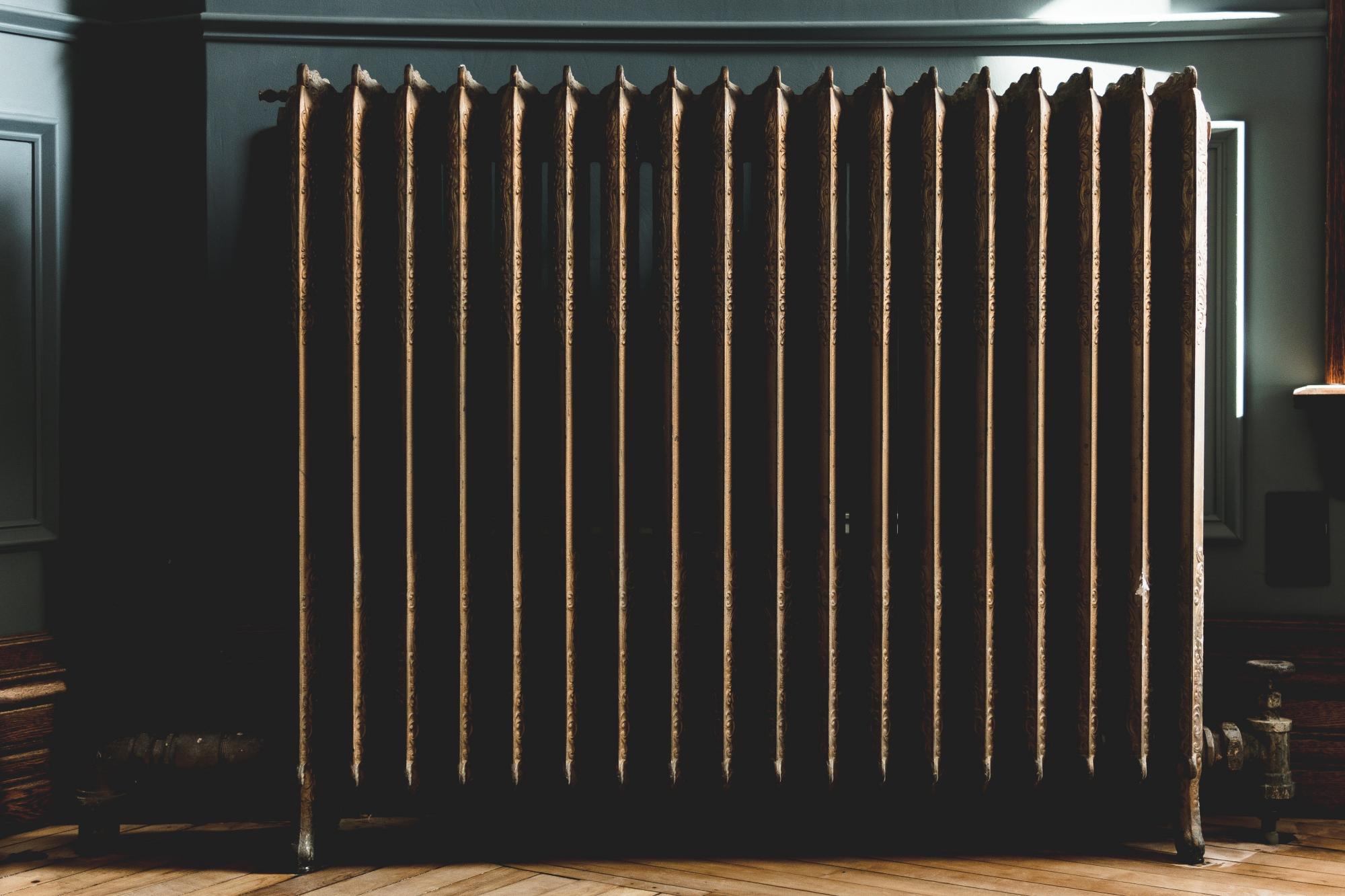Test- FTSE 100 Kicks Off August on a High as BP and Senior Lead Market Momentum
$11
10 Oct 2025, 13:13

Unsplash.com

There are many debates in the UK over when is the ideal period of the year to turn on your heating.
However, the majority of specialists believe that it occurs when the nights become longer and the clocks fall back, resulting in a regular dip in temperature. That fell on Sunday, October 29, this year.
Is it advisable to have your heating on all day?
The Energy Saving Trust makes no mistake about it: running a boiler longer will result in higher costs. It is preferable to only turn it on when necessary.
The UK's weather and temperature monitoring agency, the Met Office, advises using timers to turn on the heat before you wake up and off after you go to bed.
You can turn it off before you leave and back on right before you return if no one is home during the day.
What is the ideal temperature for my boiler?
Turning up the heating will cost more in energy costs than leaving it on for longer, according to the Met Office and the Energy Saving Trust.
Adjust the thermostat to a temperature between 18 and 21 degrees Celsius, or up to 23 degrees Celsius if you have elderly or sick family members living with you. Babies' bedrooms should be between 16 and 20 degrees Celsius, though they can be a little colder.
This is not the same as the boiler temperature, which is the actual water temperature inside the pipes. According to the Energy Saving Trust, this shouldn't drop below 65C for a standard boiler or 60C for a combi boiler in order to prevent bacteria from forming inside.
Is it cost-effective to turn off radiators?
The majority of radiators feature temperature settings on the side. These thermostatic radiator valves, which are typically numbered one through five (but occasionally up to six), can save you money if operated properly.
The Energy Saving Trust advises starting them at three or four and adjusting them up or down based on how hot or chilly the room is.
Is it cost-effective to bleed your radiators?
By eliminating air bubbles that cause your home to heat up more slowly, bleeding your radiators can help you save money.
According to experts, as soon as the weather turns chilly each year, you should try to bleed your radiators.
Use a radiator key or screwdriver to turn the top valve on a cold radiator until a hissing sound is produced. If any water leaks out of the valve, cover it with an old cloth.
As soon as the hissing stops and the valve is closed again, all of the air bubbles are eliminated.
(Sources: bbc.co.uk)